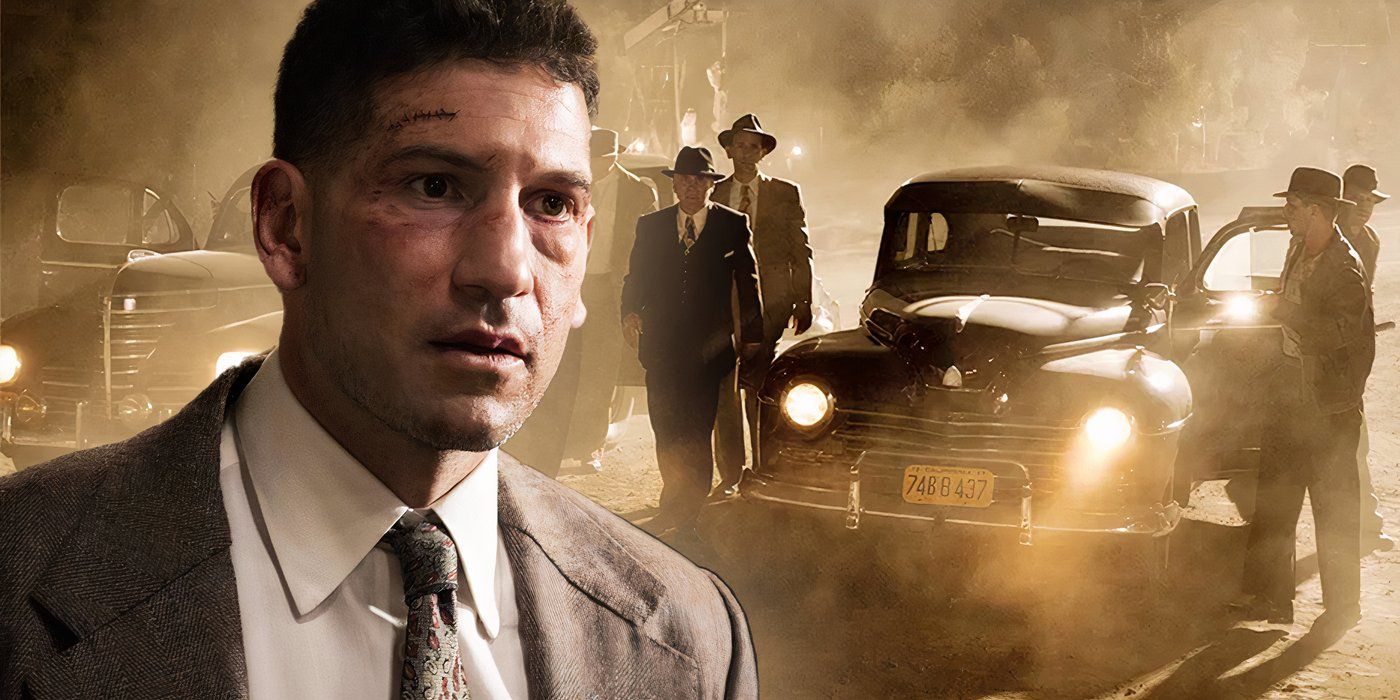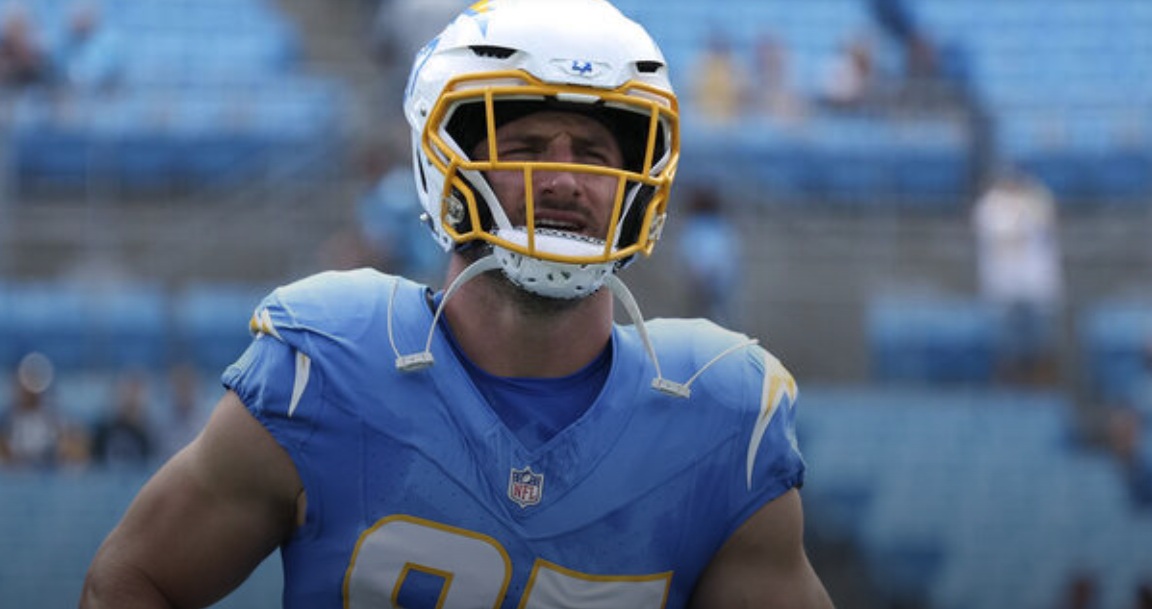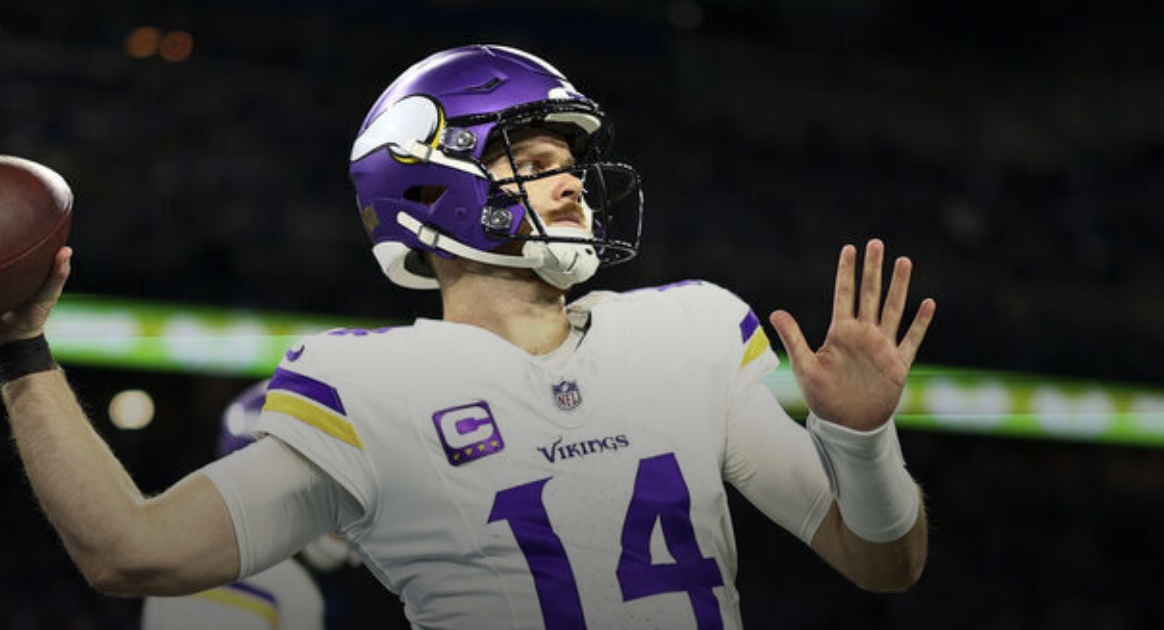“Yes, you’re right,” Beane replies to Brand. “I may lose my job…[but] I don’t think we’re asking the right question. I think the question we should be asking is, Do you believe in this thing or not?”
When Brand gives the affirmative, one of the few Beane ever gets within the Athletics’ facilities, Billy insists neither he nor Brand needs to explain themselves to anyone. And then he says this:
“I’m gonna see this thing through, for better or worse.”
Moneyball, see, is not a baseball movie as much as it is a treatment on convictions, traditions, decisions and how each of them have relational ramifications. (In less Moneyball-speak: Even the grandest plans have consequences. Even the best-laid plans can—no, will—come face to face with reality.) And that’s where Moneyball separates itself, even from movies about hard decisions and unconventional strategies. It refuses to ignore reality.
Brad Pitt is remarkable in mostly unremarkable ways as Billy Beane, emitting an internal fire with the briefest of outbursts, meeting-room quips, silent stares, and watery eyes. But it’s his journey that brings this one home. Rather than rewriting history with a sentimental championship run befitting of a Hollywood underdog story, Moneyball is mostly content to lay out the facts, just like its mathematically inclined protagonists.
There are highs that stem from Beane’s numbers-over-gut-feelings approach, no doubt: The Athletics’ real-life march to a record 20 straight wins in 2002 plays almost like a Rocky finale, right out of that underdog script. Chris Pratt, playing injured castoff Scott Hatteberg, helps sell it as an accidental, somewhat bumbling but likable hero (sound familiar, Marvel fans?). So does the sound and cinematography, blurring every sight and sound except the improbable crack of a miraculous ninth-inning bat. For a moment, Beane’s convictions prompt real celebration.
But he never wins. Eventually, the streak ends. Even before it does, the GM immediately laments to Peter Brand that 20 straight victories mean nothing if the Athletics can’t also win the last game of the year. Oh, and change the entire sport. The title cards that close Moneyball promise Beane’s radical approach—forget the naysayers; trust the numbers—did have a felt impact on Major League Baseball. They point specifically to another team as proof: Just a few years after Billy’s bold moves, the Boston Red Sox won a World Series—their first in 86 years—by leaning on Oakland’s market-efficiency strategies.
You can view the original article HERE.

























:quality(85):upscale()/2025/03/13/705/n/1922564/18fa347067d3001e6b0d50.77533101_.png)

:quality(85):upscale()/2025/03/12/900/n/1922564/ae21a1a167d1f08278bdd5.84728850_.png)
